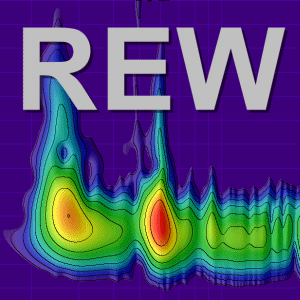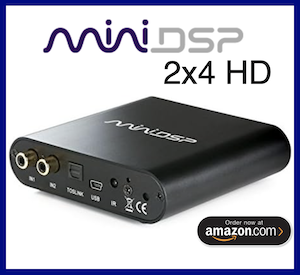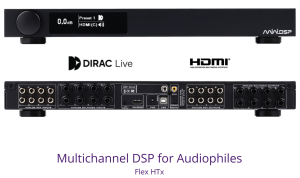John Mulcahy
REW Author
Thread Starter
- Joined
- Apr 3, 2017
- Posts
- 8,461
No, an RTA measurement doesn't have an impulse response. You could generate one by converting it to minimum phase, though I'm unsure how well that would work.I tried the inversion trick with an RTA measurement, but could not get it to work. Should it work?












